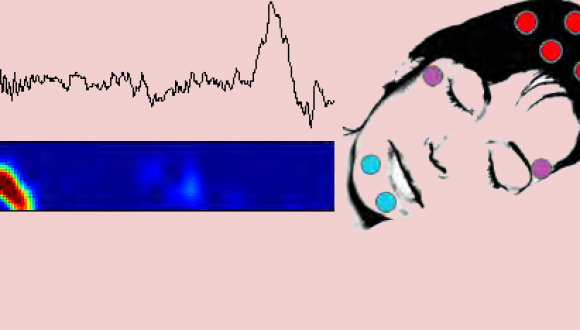Sleep and Its Relation to Cognition
Dr. Yuval Nir, Ph.D.
Department of Physiology and Pharmacology
Dr. Yuval Nir, Ph.D.
Department of Physiology and Pharmacology
Sleep is a universal behavior that is present across the animal kingdom. We spend a third of our lives sleeping, disconnected from the world around us. Our sleep is closely regulated so that when we are sleep-deprived, we ultimately compensate with longer, deeper sleep. Sleep helps our cognitive performance, promoting learning and memory consolidation. Lack of sleep immediately affects our cognition, mood, and health. All this suggests that sleep is essential, but what exactly is it about brain activity during sleep that is so crucial for restoring our normal cognition?
Sleep also involves dramatic changes to our perceptual awareness. Sometimes our consciousness fades altogether while at other times we experience vivid dreams. Although our brain continues to be active, we are mostly disconnected from sensory signals such as sounds, which would otherwise be perceived, trigger plasticity and result in behavior. How does the internal state of brain activity during sleep affect brain responsiveness and perceptual awareness?
Our goal is to understand how sleep relates to cognition and perception. Our research is guided by a belief that such studies require a combination of human and animal models. We therefore use multiple experimental techniques, focusing on the strengths of each setup to investigate the same key questions synergistically. Animal models are used to investigate underlying mechanisms, by performing detailed recordings of electrical activity and by manipulating neuronal activity with optogenetic, electrical and sensory stimulation. Human studies are carried out for careful investigation of cognitive factors and for studying large-scale brain activity (with fMRI, EEG, recordings in neurosurgical patients, and behavioral tests).
Grants
| 2014 – 2018 |
EU Marie Curie Career Integration Grant (CIG) |
| 2013 – 2018 | I-CORE Cognitive Neuroscience |


